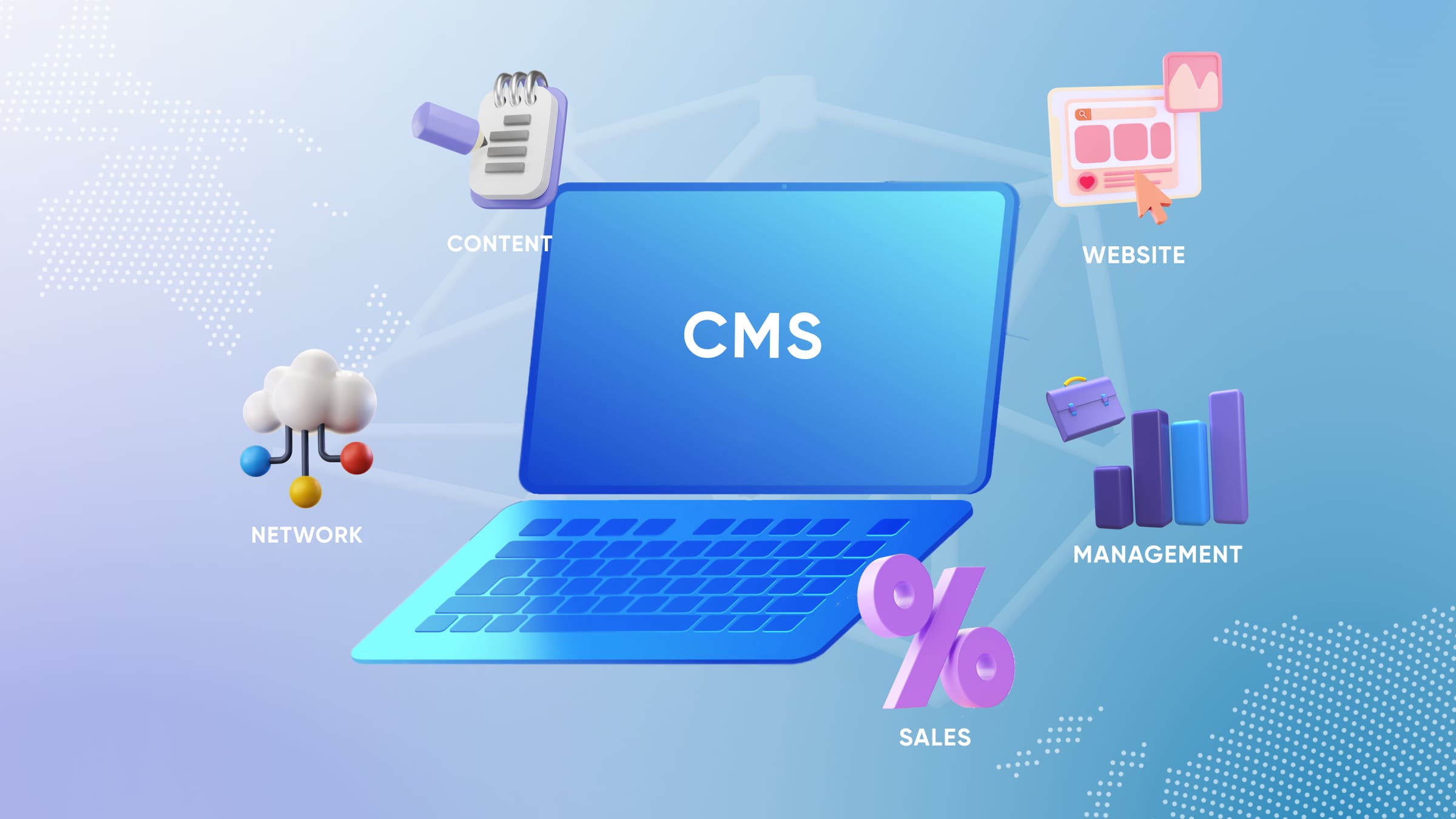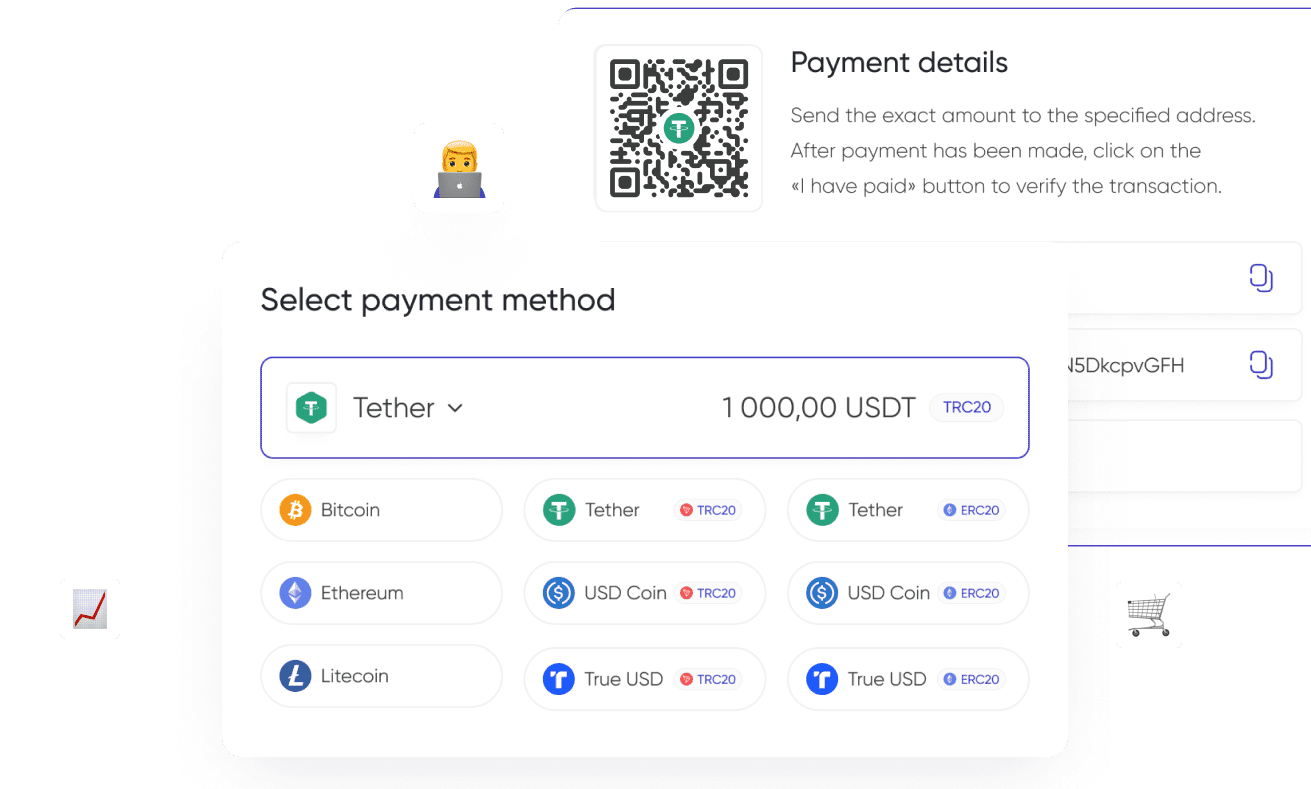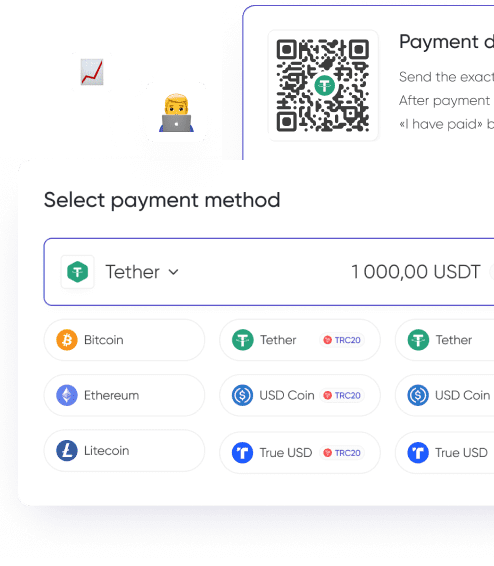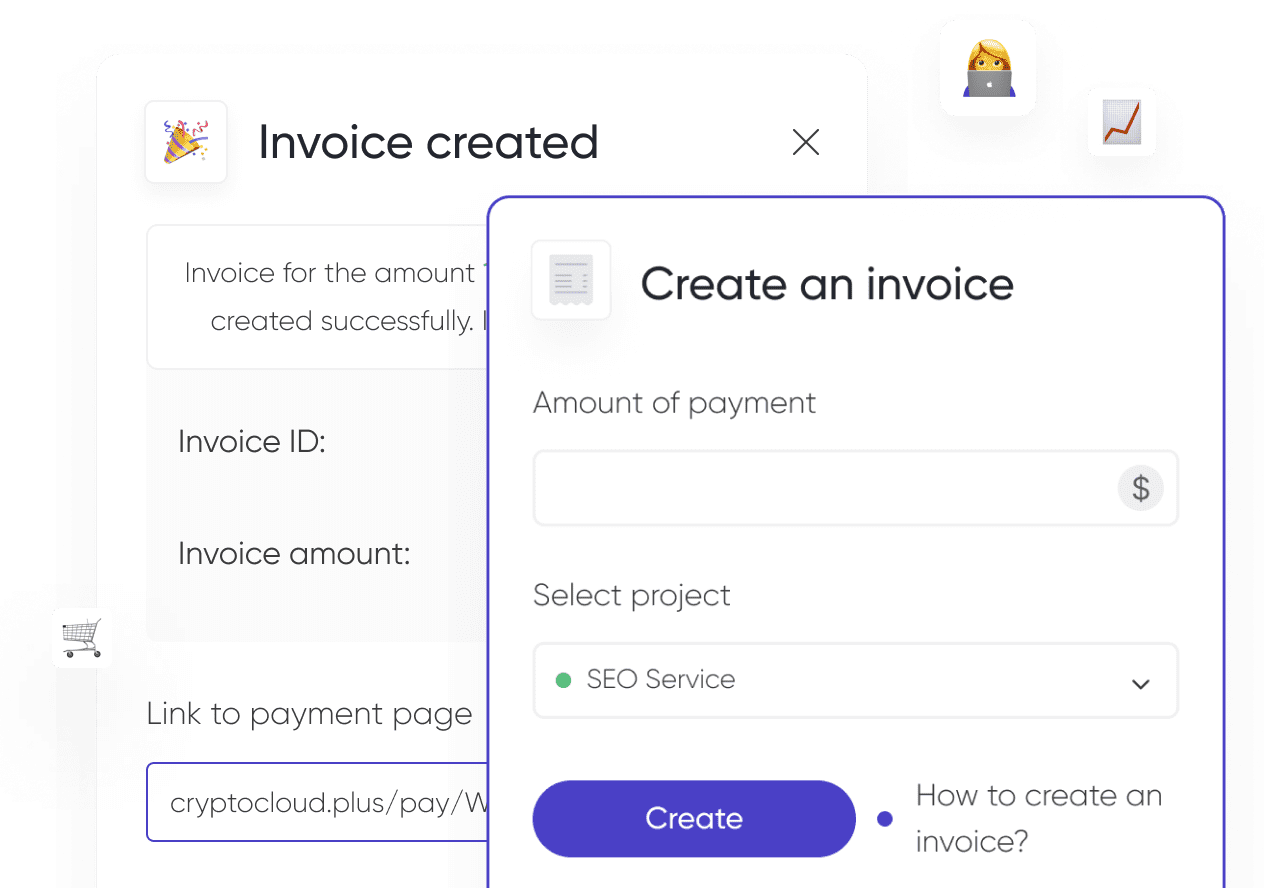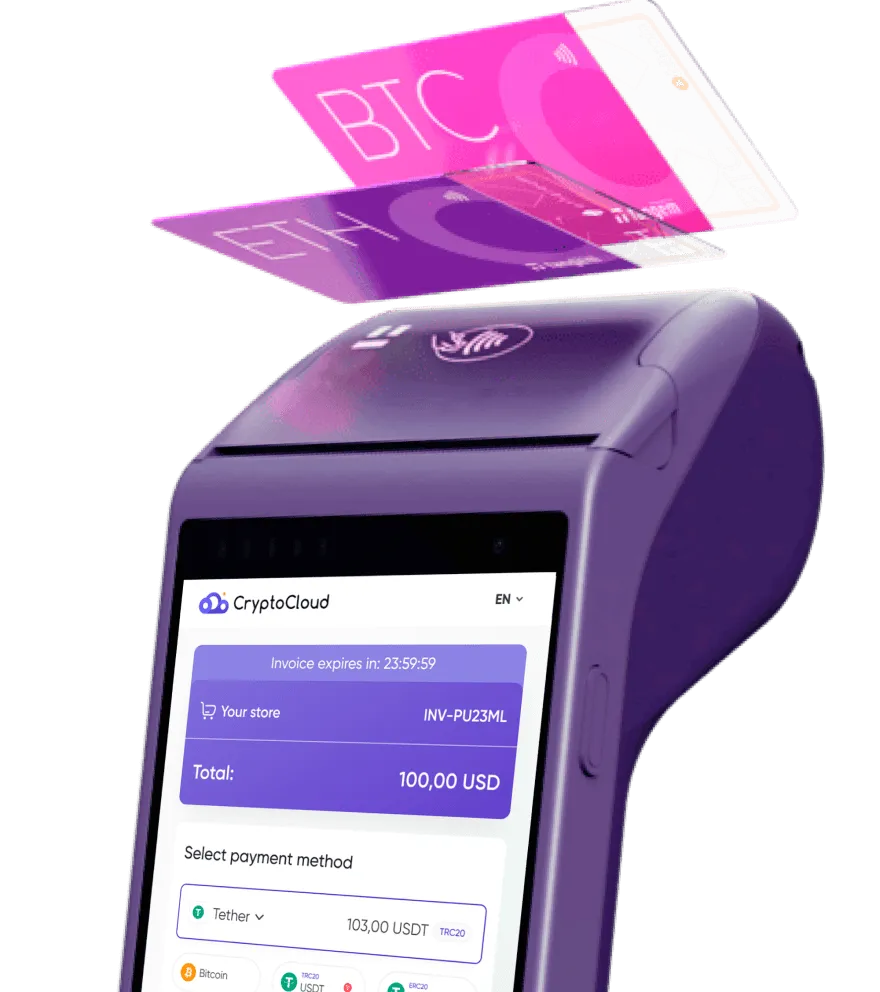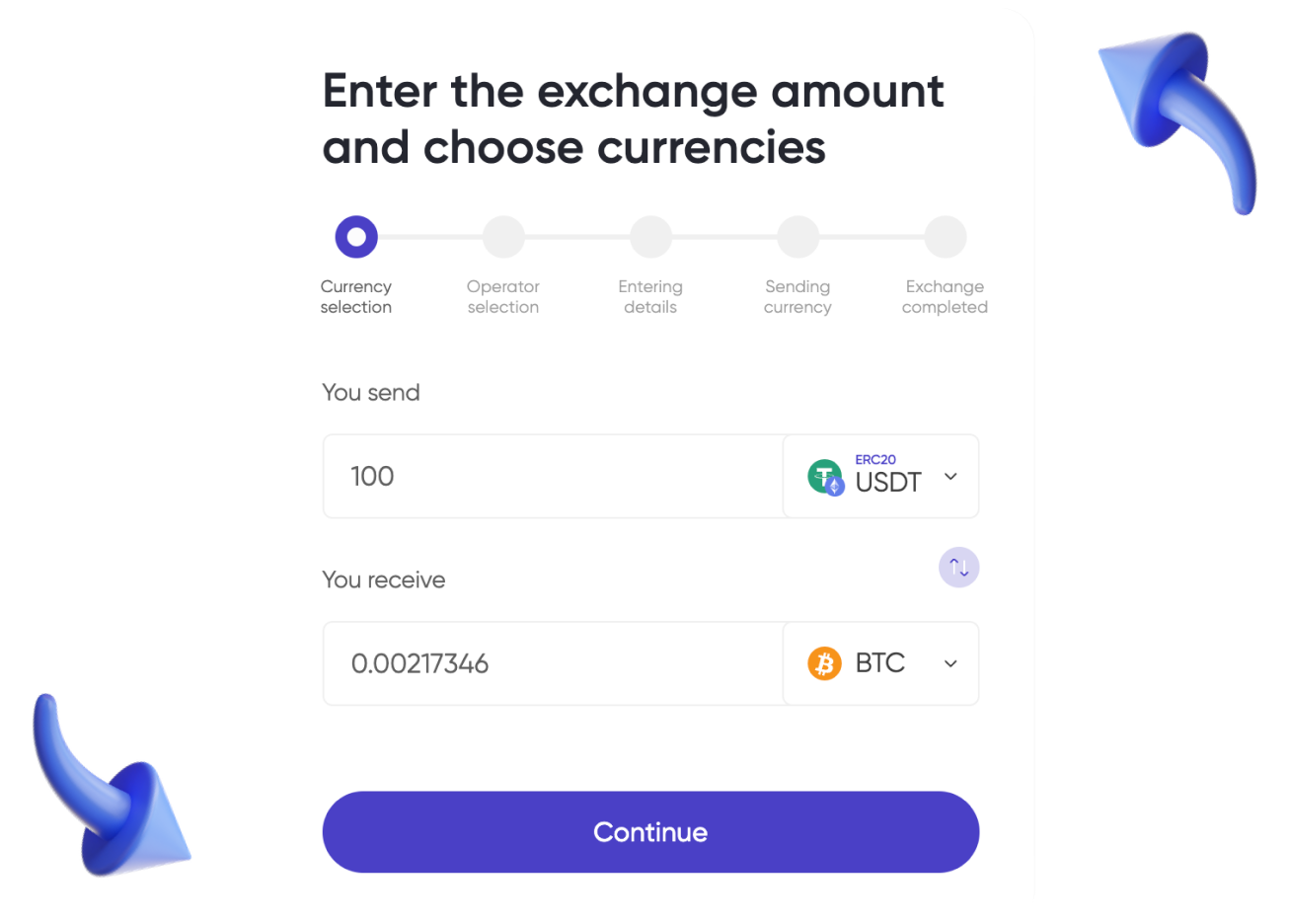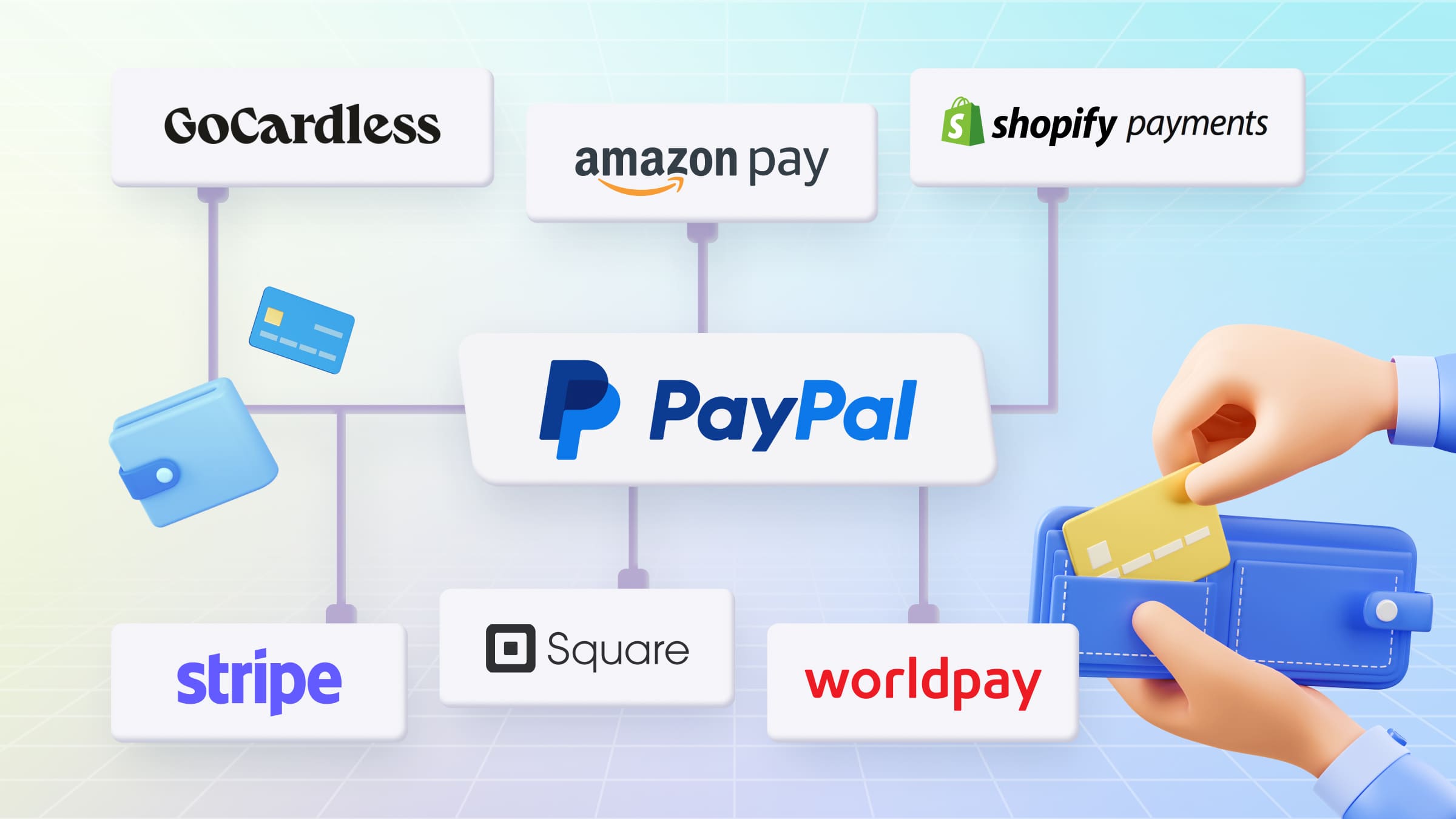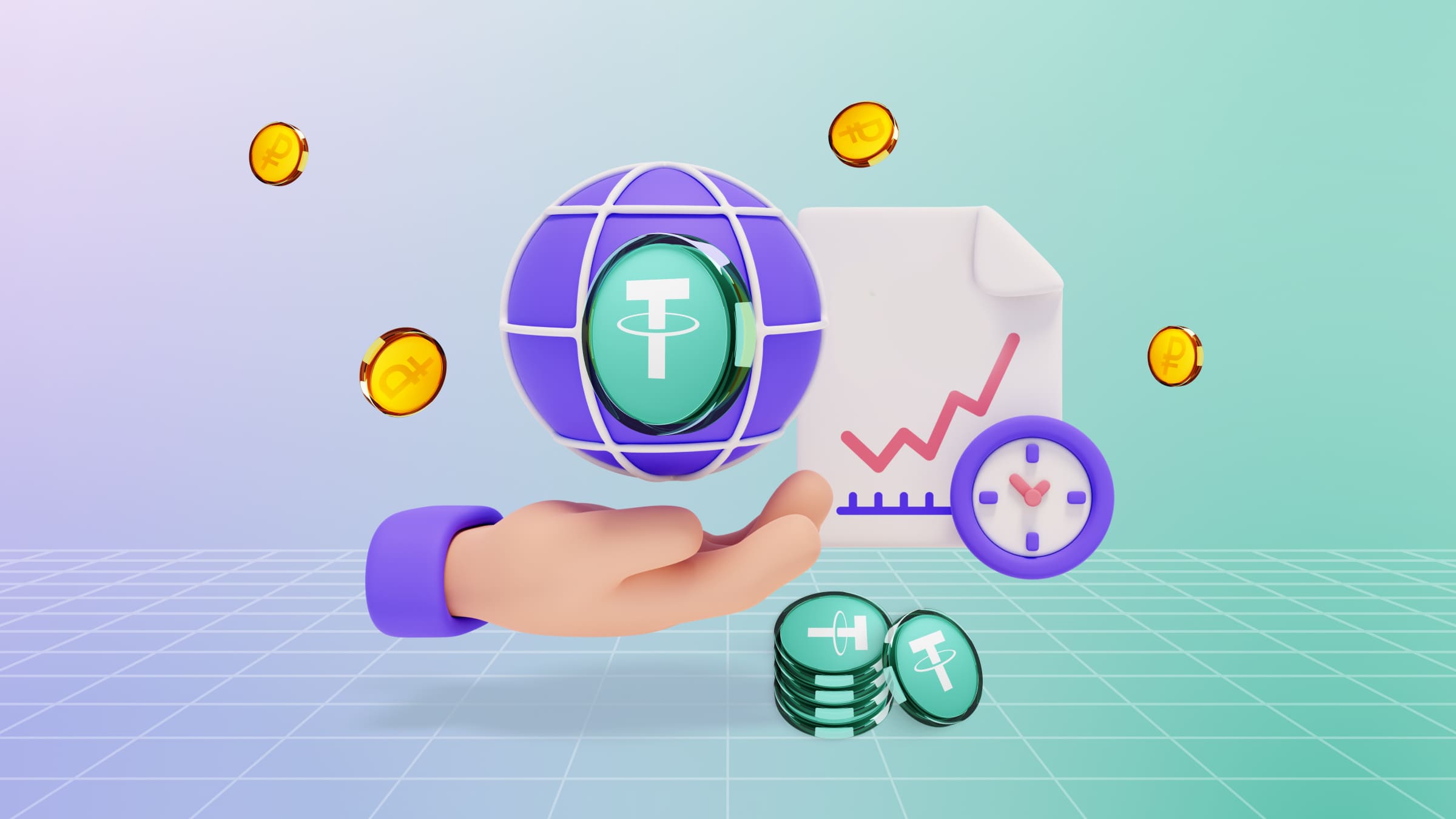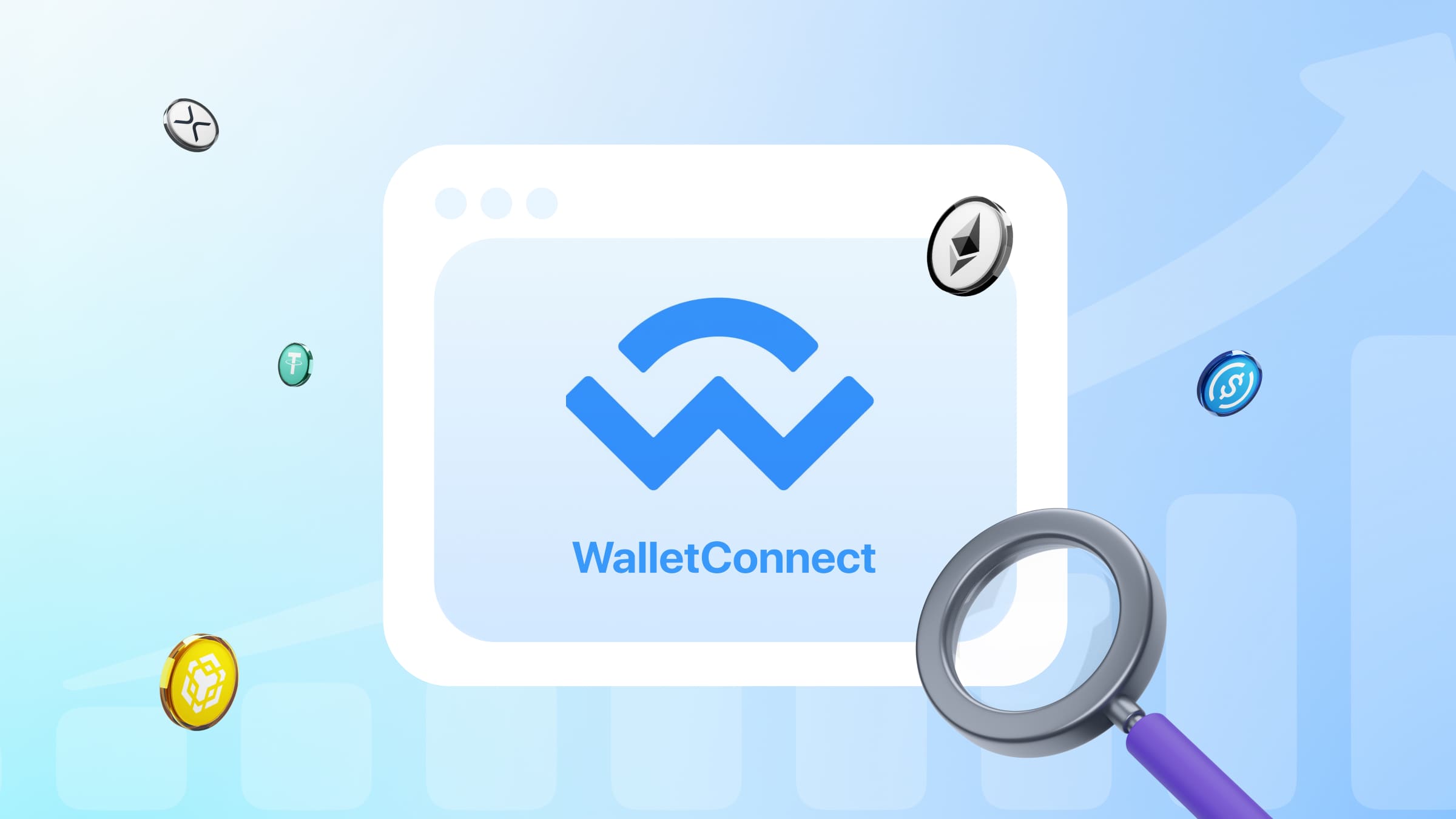The majority of modern businesses have their own website. The trend towards digitalization became particularly noticeable during the global pandemic, when many entrepreneurs started working online due to lockdowns and restrictions.
There are many technical solutions that make it easier to launch and manage a website. One of these solutions is CMS. As of February 2024, 70% of websites are based on such systems. In this article we will take a closer look at CMS platforms: what they are, what functions they provide to users and how to organize the acceptance of online payments.
What Is CMS?
A CMS is a content management system. Platforms represent software that allows to control the content of a website.
The main advantage of such platforms is their accessibility for users who do not have the ability to create a website. CMS offers a set of ready-made tools for creating web pages, changing their design and interface, filling them with content, optimizing for search engines, etc.
CMS website templates allow a company to go online quickly and without unnecessary costs. Many platforms are constructors of online stores, websites, etc. This makes it possible to manage the appearance and interface of the page, without having programming skills, and customize ready-made templates for the specifics of your business.
The disadvantage of such systems is the complexity of creating non-standard websites with unique functionality. Nevertheless, store website builders are suitable for most types of business. Around 62% of companies use two or more systems at the same time to reduce the risk of data loss, access additional features or use multiple channels of communication with the customer.
There are many different CMSs for managing a website. Most of them are open source, meaning they can be modified by users. This ensures that bugs are quickly fixed, themes are constantly updated and new features are added.
Popular CMS
Tilda
Tilda is a popular block-based website builder that offers users a library of 550 different blocks. You can either use ready-made solutions, customize your project with the editor or create your own blocks. Websites are optimized for any device and load quickly. A number of integrations with CRM and payment systems are available.
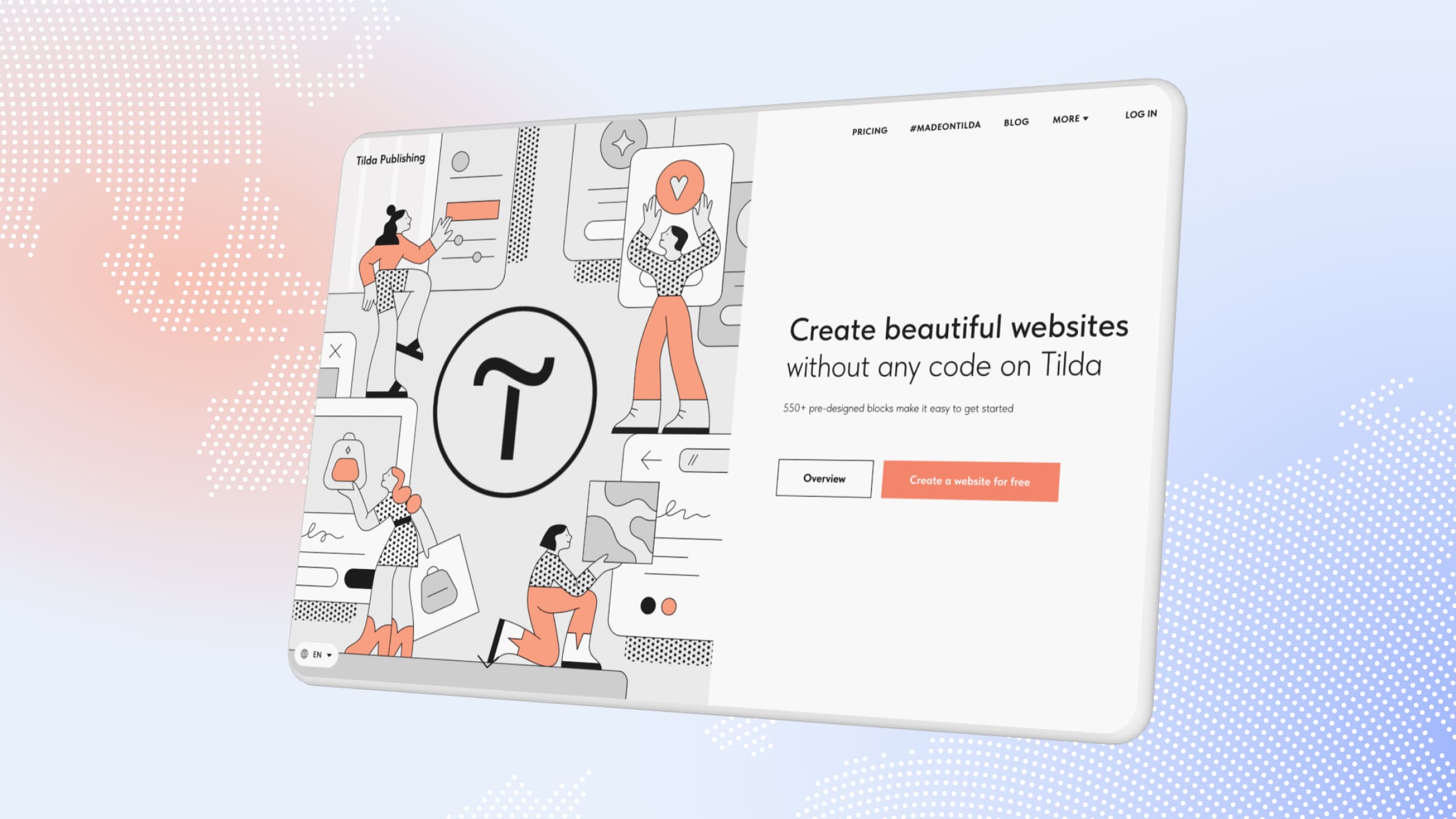
Users can either utilize the platform as a free online store or website builder from basic blocks or get access to full functionality for $10/month ($20/month for business plan).
Shopify
Shopify is an e-commerce platform that is a user-friendly block builder with an intuitive design. Users have access to hosting, a built-in payment system, a number of themes and additional extensions.
The service has three pricing plans: $32, $92 or $399 per month. The main differences are additional accounts for store employees, as well as improved support and analytics. Keep in mind that additional fees may apply when connecting third-party apps and extensions.
WooCommerce
WooCommerce is a WordPress-based e-commerce platform that is used by millions of brands around the world. One of the main advantages of this CMS for online stores is its versatility.
WooCommerce offers hundreds of themes and templates, as well as built-in tools and additional extensions for payment processing, product management, customer relations, search engine promotion, store scaling, etc. A huge community of users and developers ensures a wide range of available features.
The platform is free, but there are paid themes and extensions available.
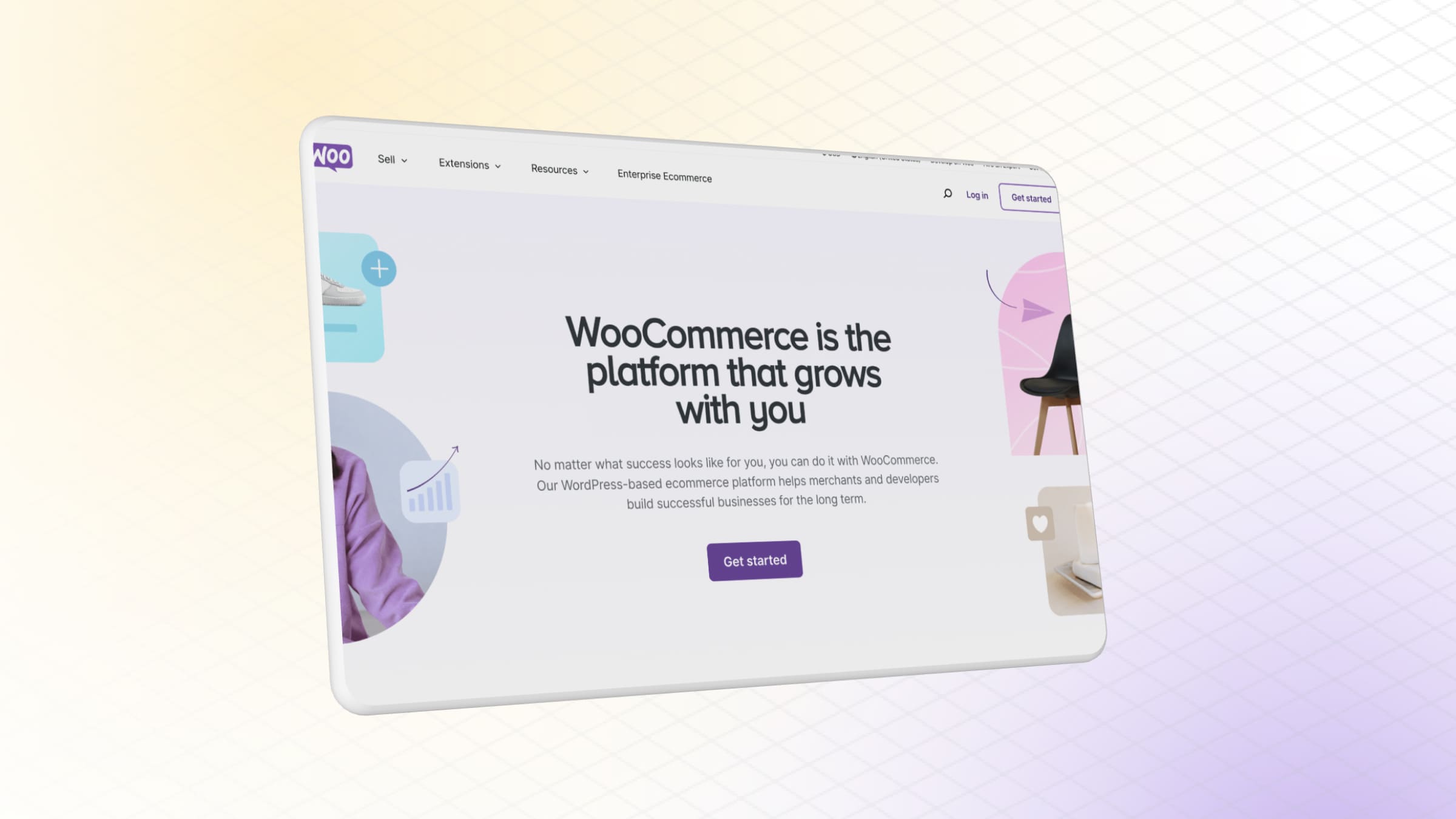
PrestaShop
PrestaShop is an open source software for e-commerce businesses. The system offers thousands of themes and modules. PrestaShop is suitable for both small and large businesses. A website created on this platform is easily scalable.
The basic functionality is available for free. There is also a customizable plan and a ready-made solution with hosting for €24/month.
OpenCart
OpenCart is an open source CMS that offers one of the largest libraries of themes and modules on the market for building a website. Users have access to over 13,000 plugins and extensions, as well as integrations with third-party systems, from analytics to courier services. One of the important advantages is the absence of internal transaction processing fees.
The basic functionality can be used for free. There is an OpenCart Cloud solution with Amazon-based hosting.
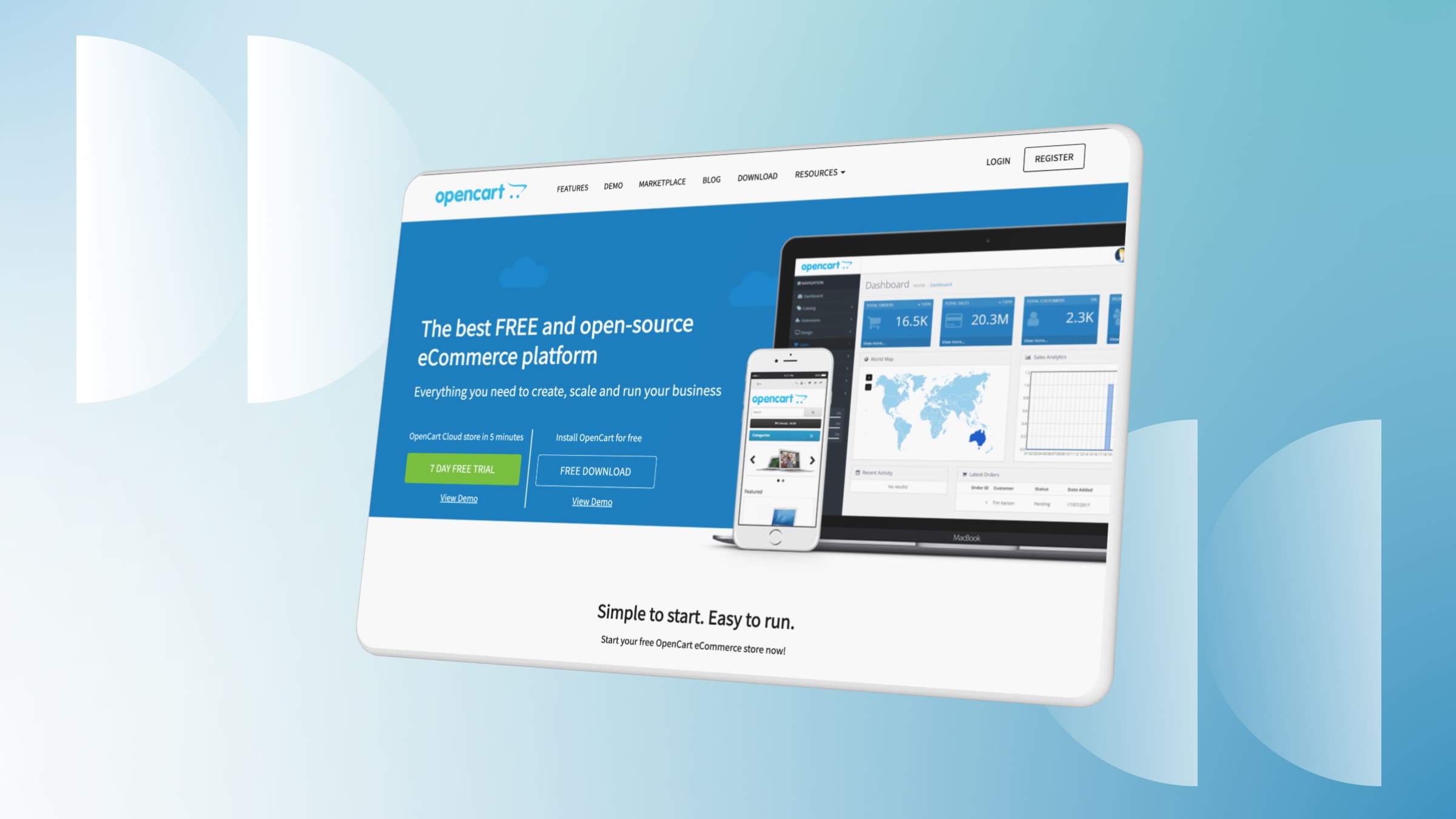
Drupal
Drupal is a CMS for creating websites, which is more intended for professional developers than for «ordinary» users. The system has a rather complex interface, which may be inconvenient for beginners. Among the advantages — open code, which allows you to realize almost any task, a high level of security, a fast engine and a huge community of users.
Bitrix24
Bitrix24 is a platform with a wide range of functionality. Its main task is to create an online workspace that includes all the necessary tools to manage a company. There is hosting, a convenient website builder, CRM and much more.
The system is suitable for businesses of any size and offers five pricing plans (including free) with different functionality and the number of connected users (up to 10,000).
How to Receive Payments on CMS
Accepting payments for an online store is one of the most important issues when launching a website. The way to process transactions should be convenient, profitable, and functional. There are several basic options.
Payment system
The payment system acts as an intermediary between the client and the entrepreneur, providing convenient processing of payments. When placing an order, the buyer enters their payment data, after which the service contacts the bank, checks the availability of the required amount on the account, processes the transaction and confirms the payment.
There are many electronic payment systems: both national and international. Supported payment methods and available currencies depend on the selected online payment service.

Payment aggregator
An aggregator is one of the most universal options for processing payments. Using such a service allows you to connect several payment methods (bank cards, e-wallets, mobile payment systems, etc.) to your website at once.
In this case, the entrepreneur enters into a contract only with the aggregator, and not with each payment system separately. This simplifies the connection procedure and saves time. The variety of payment methods is one of the factors for increasing conversion, which is an important advantage.
The disadvantage of aggregators is the commission, which is usually higher than that of payment systems. Before connecting, it is important to familiarize yourself with the terms and conditions in advance and make sure there are no hidden fees.
Crypto processing
Accepting cryptocurrency on a website is a relatively new concept, but more and more companies have turned to this payment method. Cryptocurrency is increasingly being used not only as an investment tool, but also as a payment solution in household transactions.
Crypto processing is a service that simplifies the payment process. Connecting the service allows you to automate order placement: the system itself converts the required amount into the cryptocurrency chosen by the client, calculates the commission, displays payment information, and confirms the transaction after payment. The client only needs to make the payment by QR code or cryptocurrency wallet address provided by the processor.
Accepting cryptocurrency payments has many advantages: ease of connection without multi-step security checks, lower commissions, and a high level of protection against fraud. One of the important advantages is the ability to make cross-border transactions even under sanctions without fear of restrictions or payment freezing.
Accepting Payments with CryptoCloud
CryptoCloud is a cryptocurrency payment gateway that allows you to process transactions in major currencies (Bitcoin, Litecoin, Ethereum, Tether, and others). The system commission is from 0.4%. Integration can be done in a few minutes; there are ready-made modules for popular CMS. Only e-mail is required for connection.
System features include:
- accepting crypto payments on the website through a convenient checkout;
- processing payments via social networks, messengers or e-mail with payment links;
- generation of individual invoices for payment;
- connection of several projects to one account for convenient management of operations;
- working with statistics and analytics;
- checkout customization, as well as selection of the party to pay the commission;
- fast withdrawal of funds.
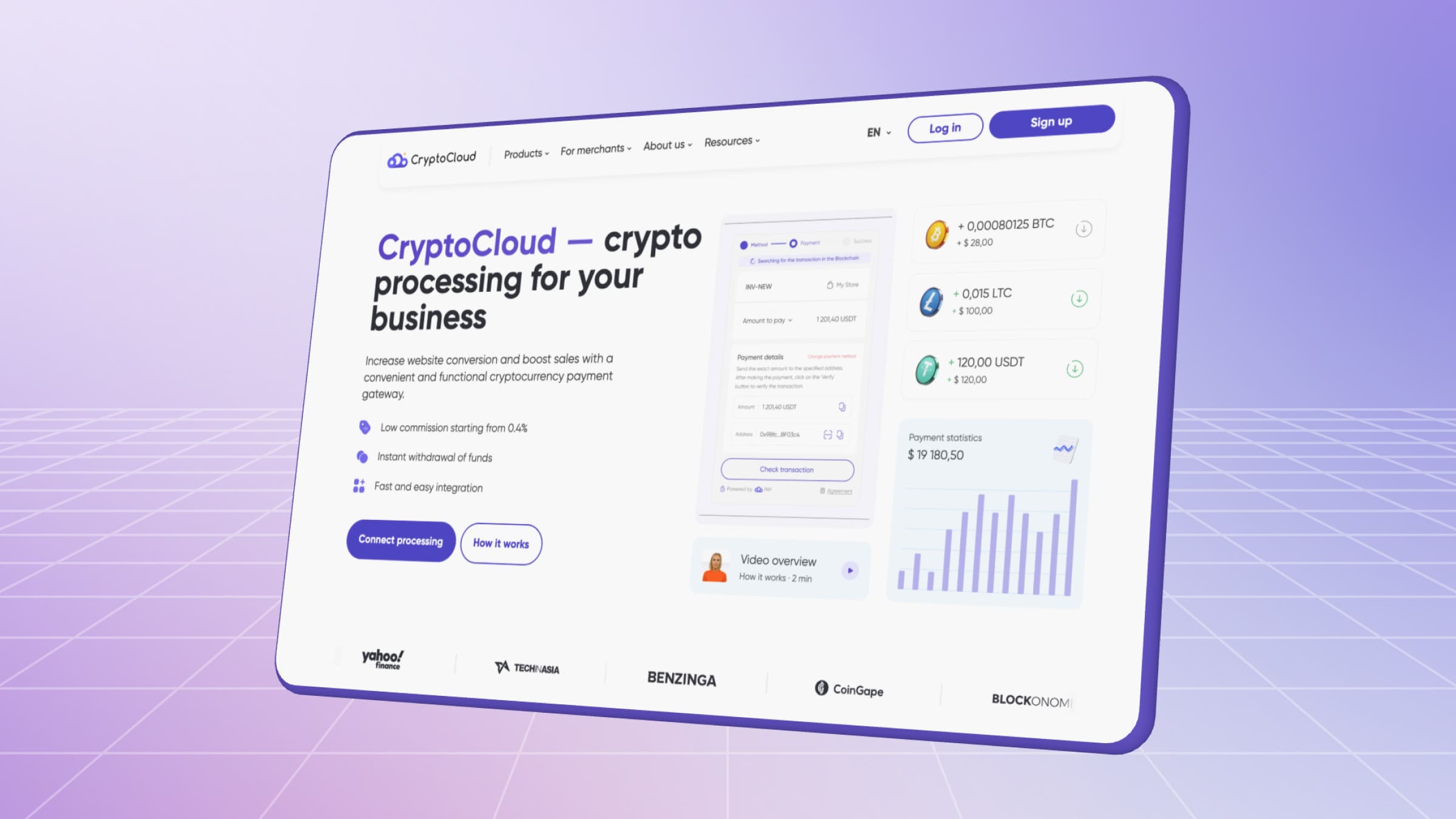
The system has a user-friendly interface from the point of view of both client and merchant. Checkout is optimized for any device and is supported in several languages. The functionality of the system and the list of available currencies are constantly updated. There are detailed text and video guides on working with the platform, as well as prompt technical support.
CMS-platforms for a Quick Website Launch
The modern market offers entrepreneurs a number of tools to launch a company website or online store in no time. CMS-services are a wide range of ready-made templates, convenient modules, extensions for website management.
The use of such services allows even novice users to build a website in the constructor, create a unique design, fill pages with content and connect payment acceptance.
There are a number of ways to accept payments on the website. Recently, cryptocurrency payments have been added to the usual payment systems. CryptoCloud is a processing service that will allow you to automate crypto-transactions and organize work with clients all over the world even under sanctions.

